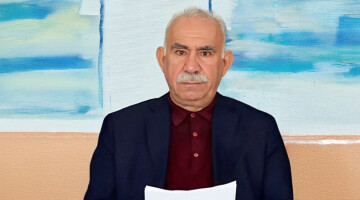In the context of the rise of the far-right, which has been fuelled by a series of deadly knife attacks in recent months, German lawmakers chose to adapt their immigration policy to these circumstances and approved the draft law.
The government's draft law includes the withdrawal of aid to asylum seekers who have already entered another EU country before, easier deportation of refugees who use weapons and additional powers for the police.
According to the text adopted on Friday, refugees who temporarily return to their country of origin will ‘as a rule’ no longer be protected in Germany, including those who commit anti-Semitic or homophobic offences.
Under pressure from the left wing of her own party, Interior Minister Nancy Faeser of the Social Democratic Party (SPD) was nevertheless forced to soften one of the key measures.
The complete withdrawal of benefits for asylum seekers who entered another EU country before arriving in Germany will only be possible if it is ‘legally and effectively possible’ to return them to the third country. In the case of children, this will not be possible.
Chancellor Olaf Scholz's coalition had submitted its proposal in August after three people were stabbed in the western town of Solingen by a Syrian suspected of links to ISIS.
In June, another knife attack at an anti-Islam rally in Mannheim (south-west), attributed to an Afghan, killed a police officer who intervened.
These events fuelled the rise of the anti-immigrant far-right AfD party, which won a regional election for the first time in September and achieved historic high scores in two other regions.
The bill must be approved by the upper house of parliament this Friday to enter into force.












